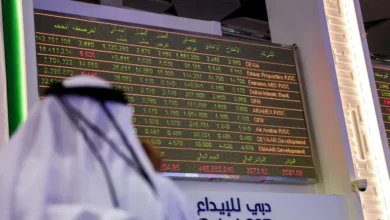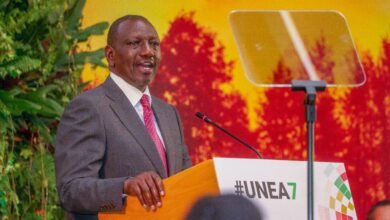
The Central Bank of Kenya (CBK) has cut the benchmark lending rate by 0.75% to 12%, as expected, to support economic activity.
The rate cut implies commercial banks will cut their prime lending rates going forward and this will stimulate demand for private sector credit, increase aggregate demand, and also boost economic growth.
The decision, delivered by the Monetary Policy Committee (MPC), was fueled by the easing inflation coupled with the slowdown in private sector growth in the Q2 2024.
Kenya’s inflation has eased progressively to the CBK’s lower bound target of 2.5% – 7.5% with the latest data showing a 3.6% according to the Statistics body.
Private sector credit growth decelerated to 1.3% in August from 3.7% in June. The CBK noted an uptick in gross non-performing loans which stood at 16.7% in August compared to 16.3% in June.
Also Read: Uganda Hikes Lending Rate by 25 Basis Points to 10.25
“The MPC also noted the sharp deceleration in credit to the private sector, and the slowdown in growth in the second quarter of 2024, and concluded that there was scope for a further easing of the monetary policy stance to support economic activity, while ensuring exchange rate stability,” noted the MPC in a statement.
Kenyan consumer prices increased at the slowest pace in 12 years in September, when they rose 3.6%, according to the national statistics agency.
And the CBK has been suppressing volatility in the shilling to keep the world’s best-performing currency this year from getting too strong.
The shilling has rebounded almost 21% from a January low, when investors worried that Kenya would default on its dollar debt.
Since August, the currency has traded between 128 and 130 shillings per dollar.
Indicative rates as of October 9 indicate the shilling is retailing at 129.1 per US Dollar.
“A meaningful rate cut would be a prudent step to make capital more affordable and reduce rates on government securities, easing the pressure on national revenues,” reported Bloomberg. “A smaller cut simply won’t deliver the stimulus the economy urgently needs.”






Very nice post. I definitely appreciate this website.
Keep it up! https://glassi-greyhounds.mystrikingly.com/